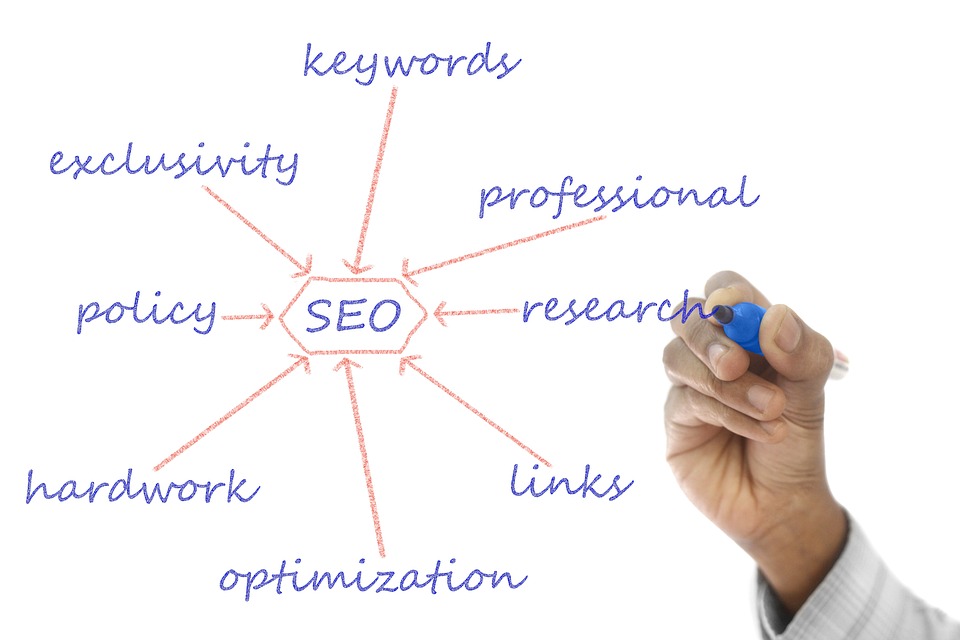The Importance of Web Design for Effective SEO Strategies
In the digital age, having a strong online presence is crucial for businesses to thrive. One of the key factors in achieving online success is implementing effective search engine optimization (SEO) strategies. However, what many people fail to realize is that web design plays a vital role in the overall effectiveness of SEO. In this article, we will explore the importance of web design for effective SEO strategies and provide some frequently asked questions to help you understand the topic better.
Why is web design important for SEO?
1. User Experience: Web design directly impacts the user experience (UX) of your website. A well-designed website is easy to navigate, visually attractive, and loads quickly. These factors contribute to a positive user experience, which not only keeps visitors engaged but also reduces bounce rates. Search engines, like Google, prioritize websites that provide a great UX, resulting in higher rankings in search engine results pages (SERPs).
2. Mobile Responsiveness: With the increasing use of smartphones and tablets, having a mobile-responsive website is crucial. Google has made mobile-friendliness a significant ranking factor, meaning websites that are not optimized for mobile devices will be penalized in terms of search rankings. Through effective web design, you can ensure that your website adapts to different screen sizes, providing a seamless user experience across all devices.
3. Website Speed: Page loading speed is an essential aspect of web design that affects SEO. Slow-loading websites can frustrate users and lead to higher bounce rates. Additionally, search engines prioritize fast-loading websites, as they provide a better user experience. Optimizing images, compressing files, and minifying code are some web design techniques that can significantly enhance website speed.
4. Site Architecture and Navigation: A well-designed website incorporates a logical site architecture and easy navigation. This allows users and search engine crawlers to find and access content effortlessly. Well-organized websites with clear navigation menus and internal linking structures make it easier for search engines to understand and index your website, resulting in better visibility in search results.
5. Content Placement and Hierarchy: Effective web design ensures proper placement and hierarchy of content on your website. This not only enhances the visual appeal but also helps search engines understand the importance and relevance of different elements on your page. Implementing heading tags, using relevant keywords, and structuring content in a user-friendly manner are all essential aspects of web design that contribute to SEO success.
Frequently Asked Questions (FAQs):
Q: How can I improve the loading speed of my website?
A: To improve your website’s loading speed, you can optimize images by compressing them, reduce server response time, leverage browser caching, and minimize HTTP requests. Minifying CSS and JavaScript files can also help enhance loading speed.
Q: Does web design affect my website’s mobile responsiveness?
A: Yes, web design plays a significant role in determining the mobile responsiveness of your website. By incorporating responsive design techniques, such as using CSS media queries and flexible grids, you can ensure that your website adapts to different screen sizes and devices.
Q: Can a poorly designed website negatively affect my SEO efforts?
A: Absolutely. A poorly designed website with a confusing layout, slow loading speed, and a lack of mobile responsiveness can negatively impact your SEO efforts. Search engines prioritize user experience, so if your website fails to provide a positive UX, it may struggle to achieve higher rankings.
Q: Is it necessary to hire a professional web designer for SEO purposes?
A: While it’s not mandatory, hiring a professional web designer with expertise in SEO can greatly benefit your website’s overall performance. They can ensure that your website is optimized for search engines, provides a great user experience, and adheres to the latest web design trends and best practices.
In conclusion, web design is an integral part of effective SEO strategies. A well-designed website not only enhances the user experience but also improves search engine visibility. By focusing on factors such as user experience, mobile responsiveness, website speed, site architecture, and content placement, you can optimize your website for search engines and ultimately drive more organic traffic to your site.








